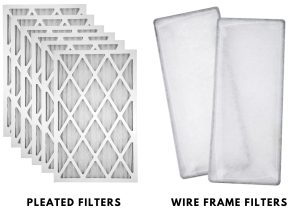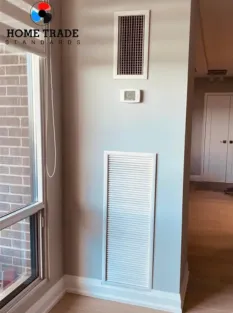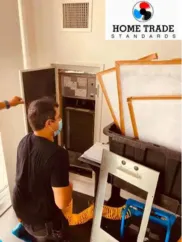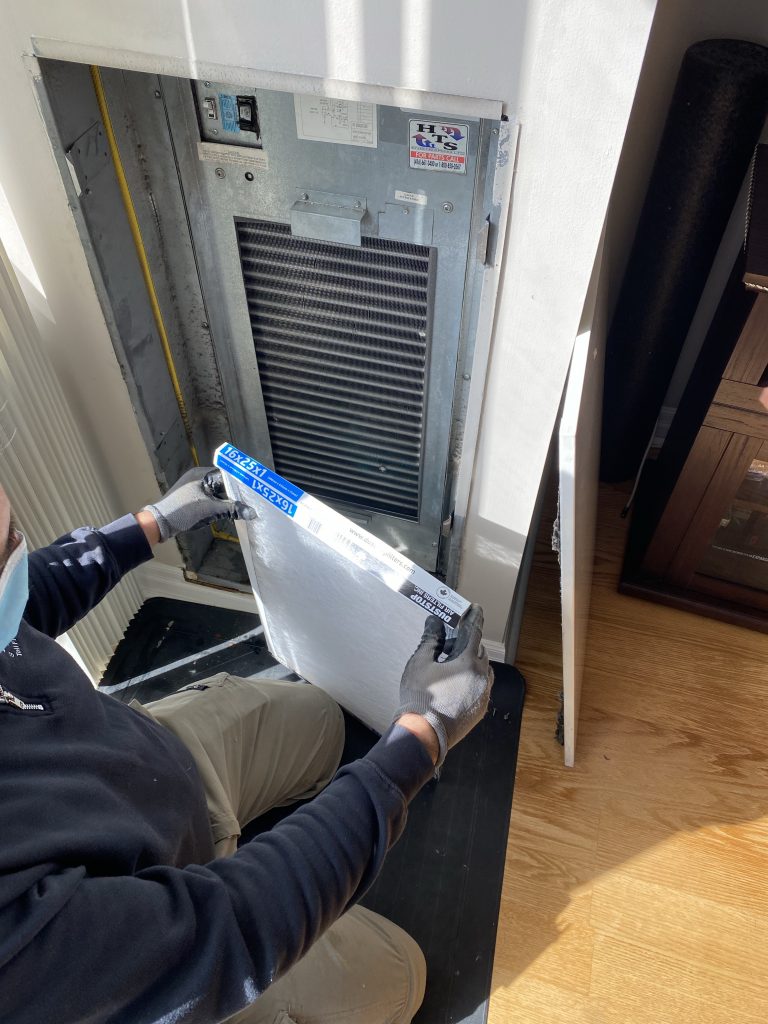Fan Coil Mold Causes, Risks, & Solutions – Toronto & GTA
Mold in fan coil units (FCUs) is a growing concern in Toronto condos, impacting air quality, property values, and residents’ health. If mold growth is discovered in condos, proper remediation is essential to prevent further contamination. Removal & replacement if left unchecked, it can lead to costly repairs and legal implications such as costly water…
Ageing Fan Coil Units: Problems, Costs, and Solutions
Age significantly affects the performance of fan coil units, primarily due to wear and tear as well as technological obsolescence. Fan coil units that are over 20 years old often require refurbishments, replacement or retrofitting.What solutions exist for ageing fan coils?Property managers and board members often implement strategies to mitigate the impact of outdated fan…
Condo Fan Coil Units Explained – How Do They Work?
Condo fan coil units are hydronic systems that rely on the building’s mechanical infrastructure to provide chilled & hot water for the purpose of heating & air conditioning in condos. Condo Fan Coil systems are dependent on the following mechanical systems: Chiller, which chills the water Boiler, for heating the water Pump, to move the…
The Many Benefits of Water Source Heat Pumps in Condominiums – Toronto & GTA
Unlocking Efficiency & Comfort: The Many Benefits of Water Source Heat Pumps in Condominiums Water Source Heat Pumps are the most efficient and easily serviceable solution for heating and air conditioning in high-rise condominiums. This type of HVAC system enables the most simple building system components, ultimately providing the highest return on investment for…
5 Reasons Your Condo Air Conditioning Isn’t Working: How to Fix It?
Inefficient Condo Air Conditioning can be stressful. Living in a condo offers many perks, but dealing with an emergency Condo Air Conditioning Repair isn’t one of them. Whether it’s a heat pump or a fan coil unit, understanding the reasons behind poor performance is the first step toward solving air conditioning problems in condos. Here,…
Condo ERV Repair & Maintenance – Toronto & GTA
ERV, also known as Energy Recovery Ventilator, is an integral part of a home’s ventilation system. These systems are designed to improve indoor air quality by bringing fresh outdoor air while exhausting stale indoor air. They work by transferring the energy from the outgoing exhaust air to the incoming fresh air, which helps to precondition…
Flashing HPS Red Light on Your Condo Heat Pump System
If you notice a red high-pressure switch (HPS) light on your condo heat pump’s circuit board, it typically signals an issue related to elevated refrigerant pressure. The HPS serves as a safety mechanism, designed to deactivate the heat pump compressor when refrigerant pressure becomes excessively high. This illuminated light indicates a potential problem requiring expert…
Why Do Condo Heat Pumps Fail In Winter?
Condo Heat Pumps aka Water Source Heat Pumps typically fail due to 5 common reasons. Heat Pumps have strict operation requirements during heating or air conditioning seasons. Failure to satisfy these requirement will disrupt heat pump operation in winter months. By understanding these requirements and taking preventative measures, residents & property managers can ensure optimal…
Who’s Responsible for In-Suite HVAC Repairs in Condos?
Who’s Responsible for In-Suite HVAC Repairs in Condos? Condo owners are typically responsible for emergency repairs and maintenance of their in-suite heating, air conditioning, and ventilation (HVAC) systems, including fan coils, heat pumps, ERV, bathroom fans, exhaust fans, and other in-suite appliances.While buildings may generally conduct complimentary annual or semi-annual maintenance, cleaning, and filter change,…
Why My Condo Heater Blowing Cold Air?
If you’re a condo owner, you know how important it is to have a functional heating system during the colder months. Unfortunately, there may come a time when your condo heater starts to blow cold air instead of hot. This can be frustrating, but there are several steps you can take to fix the problem.…
How To Tender Your Building Fan Coil or Heat Pump Projects?
Many property managers struggle with older In-Suite HVAC systems once they pass the expected life expectancy. Whether you are looking to do annual/semi-annual maintenance or building a wide HVAC retrofit project, the board of directors will need to have a proper tendering process to select the right contractor for your building. Here we outlined a…
Why Is a Bad Smell Coming Out of My Condo HVAC System?
Do you smell musty in your home? Bad odour is one of the most reported problems by condo residents. This is mainly due to the lack of HVAC maintenance in your condo suite. Filter replacement isn’t only enough to have perfect indoor air quality. During the summer months, condensation causes a lot of moisture &…
When Do Condos Turn On Air Conditioning?
With the warmer weather approaching in April & May, most condo buildings with fan coil unit turn off the building central boiler system. At this time, you may not have heating or cooling. Normally building management post public announcement in the building common area to notify residents about switch over dates. Once the building chiller…
What To Expect Before & After Condo Fan Coil Replacement?
If you’re currently scheduled for a fan coil retrofit project, here is how you can prepare before & after the work is completed. Book the service elevator for the day of installation. Ensure there is a minimum of 6 ft or 2 Metres clearance around the fan coil area. Our technicians will use different tools,…
6 Ways To Eliminate Excessive Humidity & Condensation Levels In Your Condo?
Condensation & excessive levels of humidity can cause potential problems for your condo apartment. Most Toronto condo owners and property managers have to deal with some degree of challenge regarding excessive humidity in the apartment. Now in Toronto, the majority of downtown waterfront condos suffer more during hotter summer days because of Lake Ontario water…
Regularly Changing the Air Filter in Your Condo – Toronto & GTA
If you live in a condo, you may be wondering what filter size or quality needs to be used for your condo HVAC system. We will discuss briefly what’s best for your equipment. There are two common filters used in vertically stacked HVAC systems. 1. Wireframe Filters 2. Pleated Filter. Wireframe Filters These filters are…





